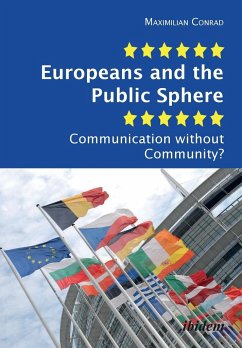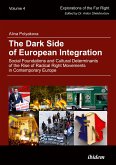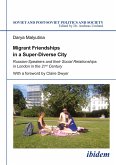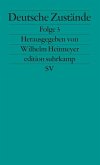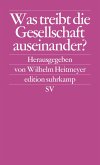What kind of public sphere is possible in the European Union with its considerable diversity of national identities, languages and media systems? Against the backdrop of debates about a fundamental European community deficit and the possibility of postnational democracy, this book explores the role of a European public sphere not only in bridging presumed gaps between citizens and their representatives in the European institutions, but also in creating transnational communicative spaces that contribute to the politicization of EU politics.Drawing on Deweyan pragmatism, social constructivism and the Habermasian notion of constitutional patriotism, this book moves beyond the conventional wisdom that a European public sphere necessitates the existence of a sense of European identity light . Arguing that a political sense of community along the lines of a European constitutional patriotism can only emerge out of the democratic process itself, Maximilian Conrad looks at the role of daily newspapers not only as framers of public debate, but also as actors with distinct normative views regarding the future of the integration process, both in terms of the nature of the EU as a polity and the nature of democratic rule in this polity. The crucial empirical question addressed in the book is: Do newspapers with a pronounced preference for more democracy beyond the nation state also play a more active role in providing forums for transnational debate?
Bitte wählen Sie Ihr Anliegen aus.
Rechnungen
Retourenschein anfordern
Bestellstatus
Storno

